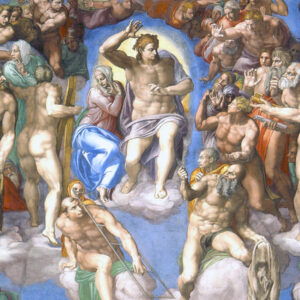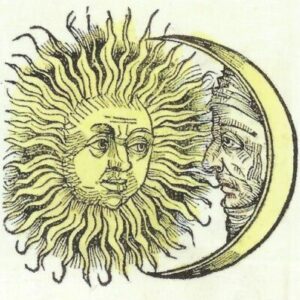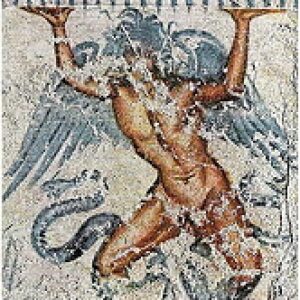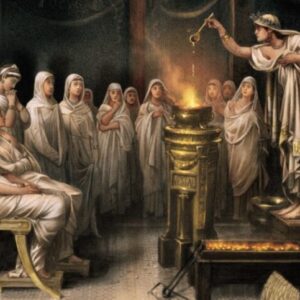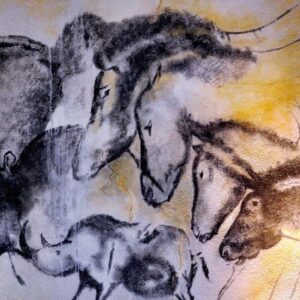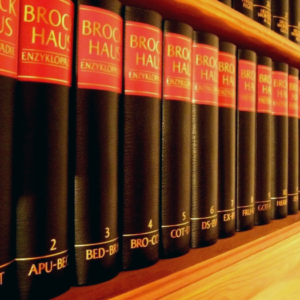recent posts
-
A new Paradigm for the Rise of Islam
Islam rose in a region with a strong Christian and Jewish presence, but tried to depict Christians later as "heathens"
-
An Introduction to Chronology Criticism
Brief summary of our current knowledge: our present-day chronology is based on a reconstruction of history after catastrophes that interrupted tradition.
-
Yoshua – When the Sun Stood Still
When the Sun Stood Still (The Joshua miracle) Uwe Topper, Berlin · 20 21 Short version of the research presented in my book “Jahrkreuz” (2016) Civilized man’s memory is amazing, but drawing conclusions…
-
Velikovsky on Trial
Preface The works of the Russian-Israeli-American psychoanalyst Immanuel Velikovsky (1895-1979) caused some turmoil and controversy in America in the fifties of the 20th century. They became known in Germany for a short time,…
-
Priests or Priestesses? Neither!
Anyone who – like many authors today – consistently speaks of “priests” whose task it was to calculate the calendar, is doubly wrong. Firstly, in the beginning those were mostly women, and secondly,…
-
Juxtaposition of the theses of Topper and Heinsohn
Heinsohn’s archaeological-stratigraphical and Topper’s astronomical-chronological theory of time falsification of the history of the 1st millennium after Christ – a comparison of standards, results and open questions, by Peter Winzeler. Preliminary note by…
-
The Solar Year Cross
The Solar Year Cross (Das Jahrkreuz) Jolts and gaps in historical chronology ISBN 978-3-89180-154-3 with a foreword by Dr. Horst Friedrich Contents Introduction Chapter 1: The cross: All-Embracing Symbol of the Solar Year…
-
The Almanac, Galileo and the Precession Jolt
The Almanac was born in Germany in the 15th Century, promoted by the printing industry. George Peurbach’s Yearbook (1460) in Vienna is considered the first German almanac. Handwritten almanacs were more prepared for…
-
On the Age of Palaeolithic Cave Painting
Slightly shortened translation of my German article from 2001 Critics of chronology claim that the age of palaeolithic cave painting cannot stretch to tens of thousands of years but at the most to…
-
We always see our history filtered through the 19th century
This claim should be analysed closely: WE – that is us who are born after, are separated from the Renaissance or Napoleon by many generations, having no real experience of those events. We…

